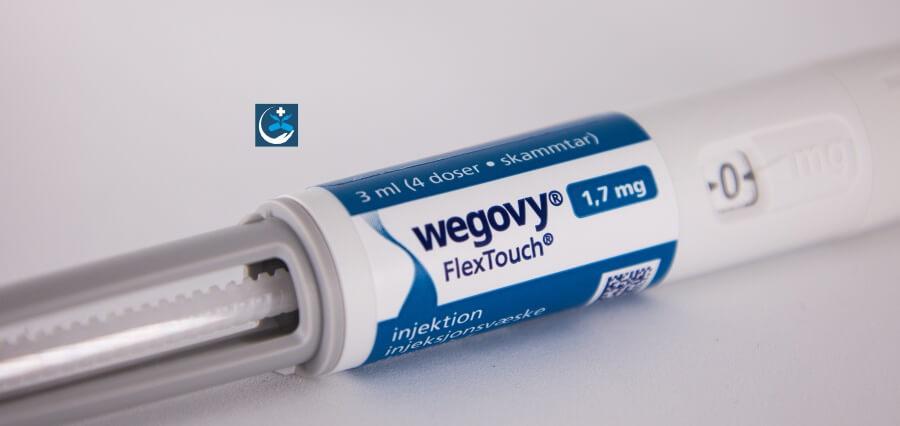Researchers identified the specific serum micro-ribonucleic acid (miRNA) signatures for predicting progression from mild cognitive impairment (MCI) to Alzheimer’s disease in new research published in the journal *Alzheimer’s & Dementia*. The researchers investigated miRNA profiles of early MCI, late MCI, and AD with a view to correlation with clinical disease states and established biomarkers.
The study analyzed miRNA expression through small RNA sequencing of 803 eligible samples of serum samples of participants in the Alzheimer’s Disease Neuroimaging Initiative (ADNI). These persons were classified into categories of EMCI, LMCI, AD, and control. The significant miRNAs were identified using linear mixed regression, and they also used machine learning models to evaluate the predictive ability of these miRNAs.
The study obtained a serum miRNA signature for AD comprising miR.98.5p, miR.142.3p, and miR.9985 with an AUC of 0.7. For EMCI, the signature included miR.369.3p, miR.590.3p, and miR.9985 and had an AUC of 0.7. Most importantly, miR.22.5p, miR.1306, and miR.4429 emerged as effective markers for LMCI.
While, in case-control comparative analyses, CSF biomarkers and MMSE scores are found to be associated with higher predictive accuracy for AD, the research holds promise especially in the derivation of miRNA signatures, particularly in the prediction of conversions from EMCI to AD. The research indicated that the combination of neuropsychological tests with miRNA data could improve the prediction ability for at-risk patients.
Furthermore, the research revealed specific molecular mechanisms of various stages of the cognitive impairment. The miRNAs that were associated with EMCI are linked with oxidative phosphorylation and ferroptosis; these reflect early impairments in energy and iron metabolism. On the other hand, pathways associated with late-stage MCI miRNAs were characterized by signaling of interleukin-17 and vascular injury, describing advanced states of the disease process.
These findings place significant possibility on serum miRNA signatures that could act as non-invasive biomarkers for Alzheimer’s disease, detection and intervention strategies might very well be possible. Future research continues towards refining these signatures and aligning them with cognitive screening methodologies, ultimately improving public health approaches for the aging population.







